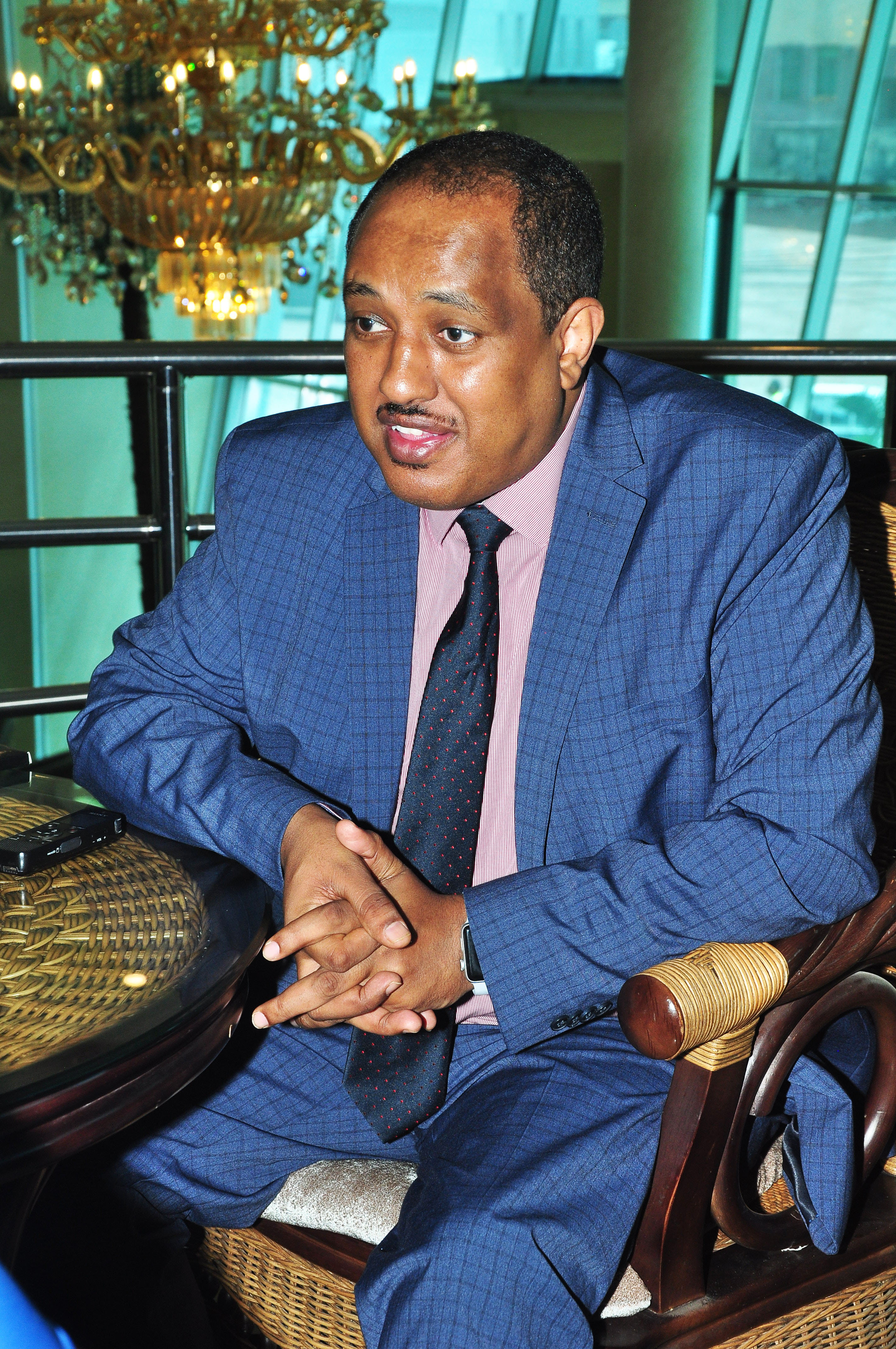
Ethiopia had underwent political changes at different times. These political transformations were not without heavy costs. Some regimes had learnt from the mistakes of their predecessors, while others duplicated the same mistakes. The fall of Derg was a good opportunity for political transformation of the country, says, journalist and activist Abebe Gelaw.
But the golden opportunity slipped out of the nation’s hand as EPRDF proved remiss in materializing the pledges it made up on grabbing the reign of power. “We are now found on a historic watershed when the harbinger of political transformation is flickering rays of change in our land. These changes have crystalized at a decisive time. Because, Ethiopia was on the brink of collapse. It was at the verge of disintegration.”
Due to internal and external turmoils the nation was suffering political earthquakes. The untrammeled democratic and human right violations rocking the country were ascribable to the resentment. After the popping up of the reformist leader Dr. Abiy on the political scene, things are taking a turn for the better. But, this change needs to be sustainable. ‘‘Well, this does not mean that all the paths will be a bed of roses.
There are machinations to derail the current reform. There might be several hurdles to emasculate it. The internal disagreements within the incumbent and other cases may strangulate the process.” ‘‘However, despite all the setbacks, it is my firm hope that Ethiopia will turn out to be a peaceful and democratic country’’. According to Abebe, the role of media and journalists is key towards giving the democratization process a kiss of life. The media should stand for the interest of the people parallel to siding the truth.
Media must not be taken advantage of for fulfilling personal interests or for wrongly flattering the ruling party. “Whenever journalists witness violations of rights and when freedom of the press suffers a raised eyebrow or a cold shoulder they are the one who should put down their feet and stand firm in defending the truth.” Asked if he had played his role in this regard, Abebe said, “I have played my role not only as a journalist but also as an activist.
In 2012 at Regen Conference Center, I had a chance to talk over the late Prime Minister so as to expose the massive human right violations he committed. I also tried to draw into light the crimes of humanity and massive corruption his party committed. This showcased my commitment for democracy.” Journalism is not always promoting the interest of the government and ingratiating to the ruling party. People have to distinguish phony journalism and true journalism, which stands for the truth.”
Asked the view of some groups regarding that fake news ESAT once aired, Abebe said, “I don’t agree with that. ESAT does not transmit fake news. As much as possible, we try to verify the veracity of the information we release. Like other media houses we may fall prey to mistakes. But when such mistakes surface ESAT immediately tries to correct them. As a bold media, ESAT stood for the observance of human rights, democratization and peaceful coexistence.
“We played a significant role towards promoting democracy within the last nine years. We are proud of that. ESAT is far from being partisan to any group. If ESAT is a partisan, it will be to no other than innocent Ethiopians.” Asked “Is the coming of various TV stations into the political spotlight with different mediums of communication a challenge or an opportunity?” Abebe responded that, as long as citizens properly use it that could be no problem. The problem comes when a particular TV station promotes the interest of a single ethnic group at the expense of the majority.
Dr. Getachcew Dinku, is Addis Ababa University, School of Journalism and Communication Assistant Professor. He believes that the role of media in promoting democracy is unquestionable. According to him, satellite TV stations have demonstrated this. Media houses like that of ESAT had no chance to broadcast from Ethiopia. The political landscape had stripped them of that right. For this reason, journalists became more of revolutionary. The mushrooming of media outlets has its due role for democratization, says Dr. Getachew.
But that could not always guarantee quality. Concerning the pros and cons of having media with diversified language, Dr. Getachew said, proximity is one of the values and standards of News. In light of this, whenever TV stations broadcast programs with local languages they could serve catalysts for democratization. Problems crop up when media houses are promoting state interest at the expense of national interest. It will threaten democratization and unity. In this respect, professionals in the field have moral and legal responsibility.
Abera Wondwossen is Journalism and Communication Department lecturer Dilla University and University-Industry link head. For him, all media may come up with their distinctive agendas. But they all share common agenda— to inform, entertain and persuade the mass. According to him, in democratization the role of media is vital in informing both the rulers and the ruled.
Whenever the political system of nation gets one leg in the grave, the media plays key role in shaping the public’s mindset and directing the opportunities. In most cases, African media houses prove instruments for the ruling party. However, technological transformation has enabled the mass to have access to satellite TV. This in turn has enabled the mass to be more active in political issues and be sensitive about democracy. In this respect, ESAT could be mentioned as a good example.
The Ethiopian Herald, February 24/2019
BY LEULSEGED WORKU





